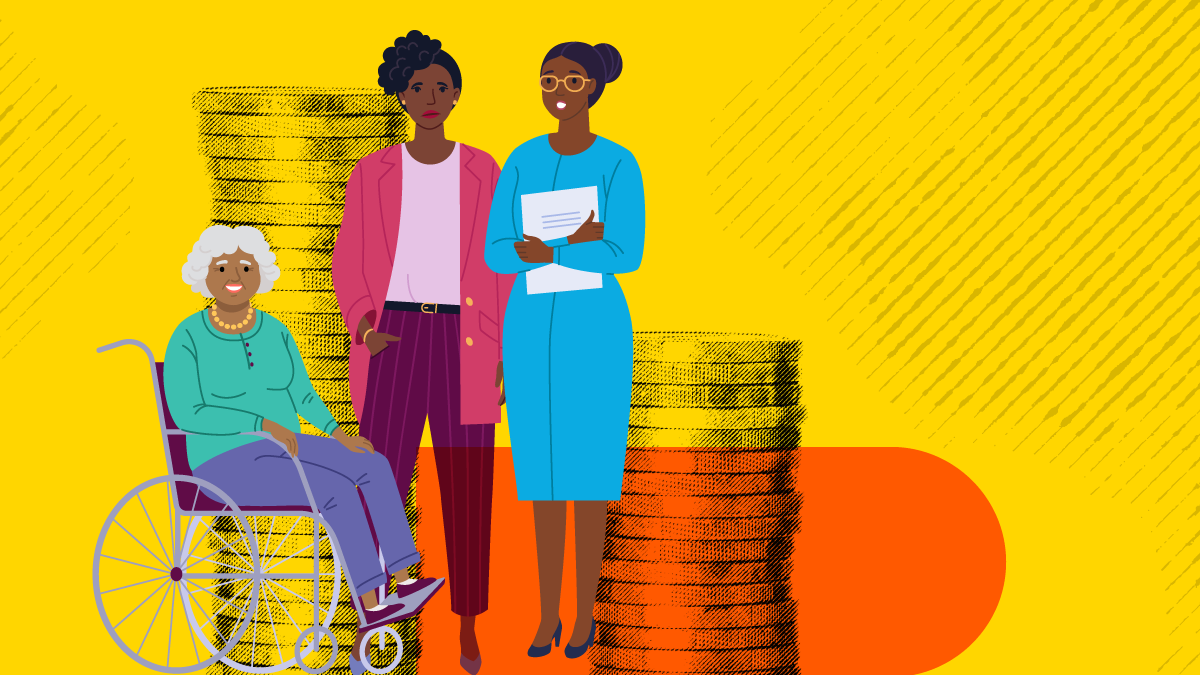Abortion rights, women of color, and LGBTQIA+ people are under attack. Pledge to join us in fighting for gender justice.
CBO Report Demonstrates Benefits of $15 Minimum Wage for Millions of Working People
(Washington, D.C.) Today, the Congressional Budget Office (CBO) released a report analyzing the economic impact of raising the federal minimum wage to $15 an hour by 2025, similar to the Raise the Wage Act currently pending in Congress (which would establish a $15 federal minimum by 2024). The report concludes that this increase would boost wages for 27.3 million workers and lift 1.3 million people out of poverty, including 700,000 women.
This positive impact should not be overshadowed by the report’s additional conclusion that the wage increase would reduce employment by about 1.3 million jobs—an estimate that is deeply flawed. CBO’s job loss analysis is wholly out of line with the overwhelming weight of modern economic scholarship, which has consistently concluded that minimum wage increases produce meaningful income gains with little to no impact on employment. For example, a forthcoming paper in The Quarterly Journal of Economics—the top journal in economics—studied 138 prominent state-level minimum wage increases and found that even the highest increases raised wages without employment losses. And a study just released by economists at the University of California, Berkeley found that a $15 minimum wage would result in little to no job loss but would dramatically reduce income inequality.
The following is a statement by Emily Martin, Vice President for Education & Workplace Justice at the National Women’s Law Center:
“The real story in the CBO’s report is how many lives a $15 minimum wage will improve. Even if CBO’s deeply flawed job loss analysis were accurate—and it is not—a $15 wage would still reap a huge net positive for working families: more than 27 million working people will see higher incomes, reducing poverty and inequality across the country. According to the Economic Policy Institute, nearly one in three working women—including 36 percent of working women of color and 43 percent of working single mothers—will get a raise if the federal minimum wage reaches $15 by 2024. That’s millions of lives that would be changed for the better by the Raise the Wage Act.”
###
For immediate release: July 8, 2019
Contact: Inés Rénique, [email protected]




